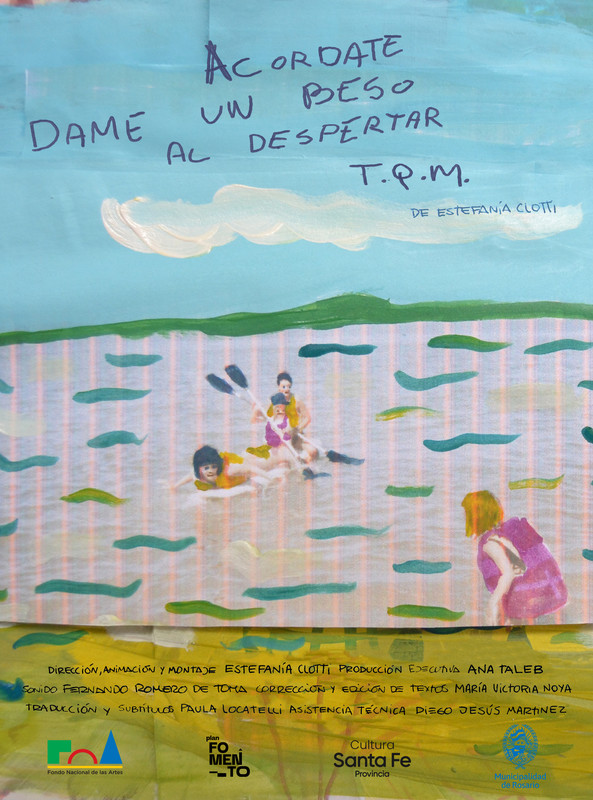

This is an audiovisual experience organized as a conceptual, emotional and sensory spiral made up of the most relevant artworks of experimental cinema in Latin America created between 2020 and 2022, in which each viewer will revolve around individual and collective introspections, dreams and revolutions.
Starting from a mythology of time and matter (1), we navigate towards the intimacy of a poetic home (2) and then experience two ancestral parallel crises (3), which will lead to the need to decolonize the spirit (4) and then return to reconfigure our senses (5), to survive our deepest absences (6) emerging in resignified personal memories (7), as a preparation to recover dignity in collective memory (8) and to visit an emotionally reinterpreted family album (9), and thus complete this journey through cosmovisions and utopias of our contemporary Abya Yala.
Programador:
Óscar Pico
9 SHORT FILMS
1:31:44
RUNTIME
1.
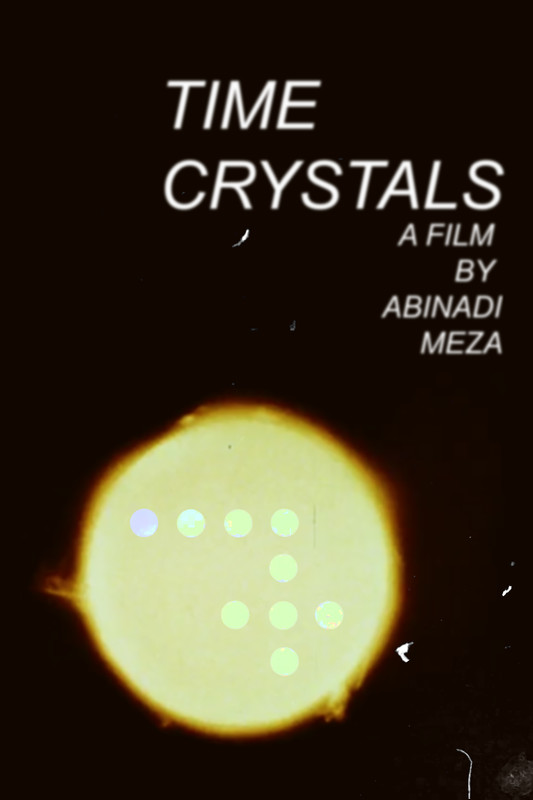
Time Crystals
—————————————–
Abinadi Meza
—————————————–
Time Crystals is an experimental short film about images, memory, and time, as told by a not-quite-human narrator.This synthetic narrator is remembering time through images, though it’s not clear if the memories are real, if they are fantasies, or something in-between. The narrator describes finding patterns in time, which “she” calls time crystals. We do not know if this enigmatic film is a record, a signal, or a dream.
México | 5min. 35s.
2.
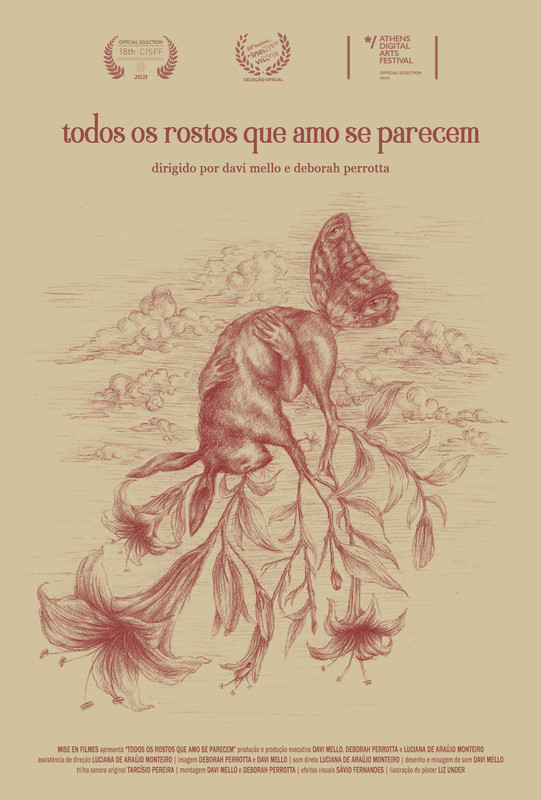
Todos os Rostos que Amo se Parecem
All the Faces I Love Look Alike
—————————————–
Davi Mello, Deborah Perrotta
—————————————–
A forgotten house is re-inhabited while a strange presence approaches.
Brasil, 14min. 42s.
3.
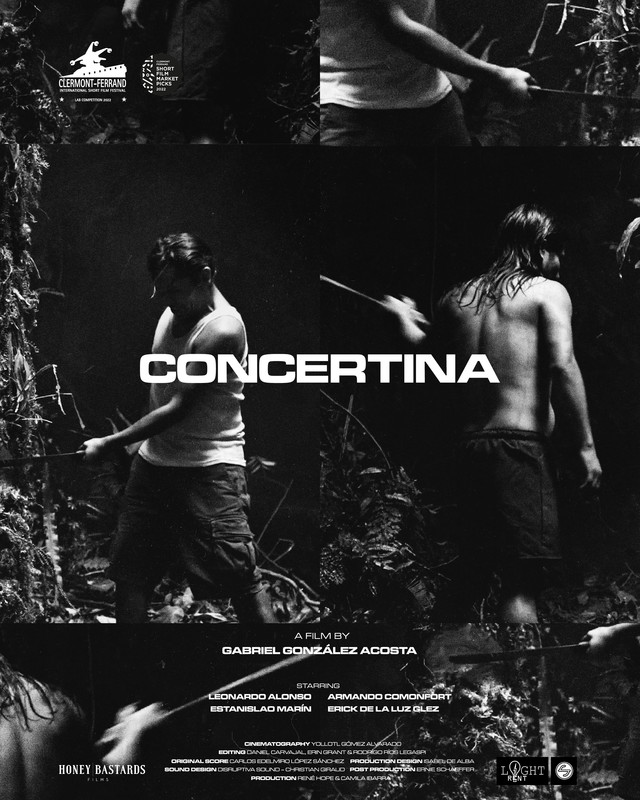
Concertina
—————————————–
Gabriel Gonzalez Acosta
—————————————–
Concertina is an interlocking narrative film that jumps between parallel realities as two sets of brothers discuss their dreams of one another. The film explores themes of ecology, family, and labor using magical realism as a narrative device to create dark, ethereal worlds that offer a glimpse into the power of the physical realm over our collective psyche.
México, 12min. 12s.
4.
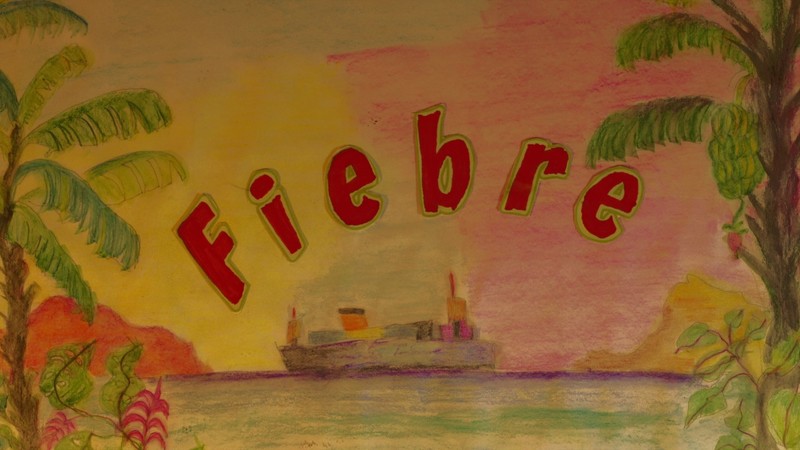
Fiebre
Fever
—————————————–
Santiago Aldunate
—————————————–
During the 20th century, Central America and the Antilles were colonized by the United Fruit Co. Fever is a sensory journey through that abject fantasy of progress and modernization.
Chile, 12min.
5.
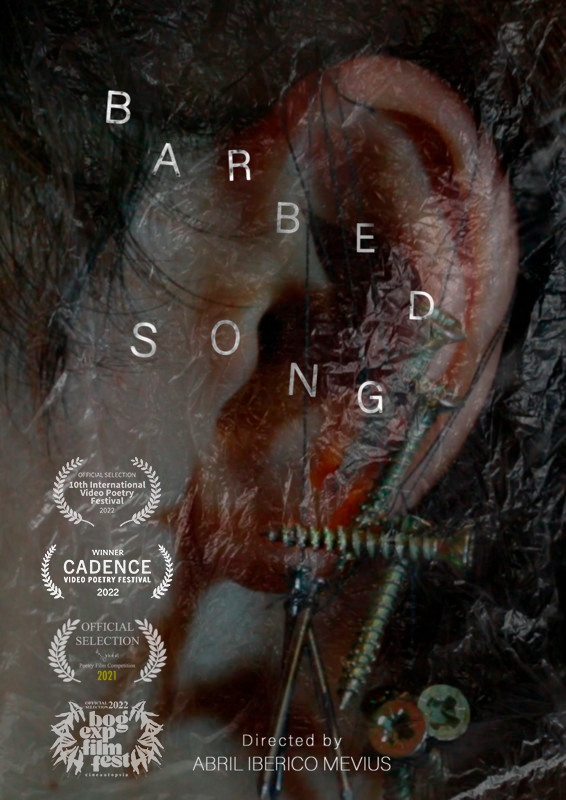
Canción de púas
Barbed Song
—————————————–
Abril Iberico
—————————————–
There is a world of sounds and another of silence. Without hearing aids, silence wraps me in a blanket of spikes, and with hearing aids the noise haunts me. Where do I belong if I can partially hear?
Perú, 4min. 33s.
6.
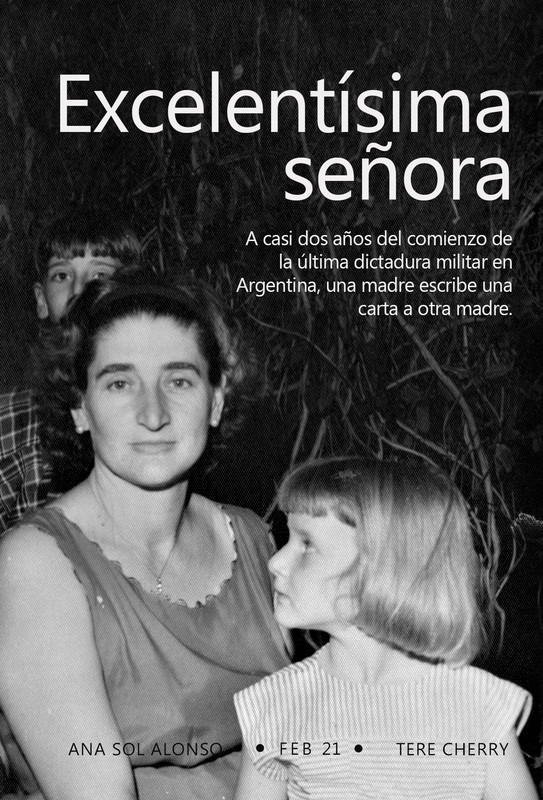
Excelentísima señora
Honorable Lady
—————————————–
Ana Sol Alonso, Teresita Cherry
—————————————–
Almost two years after the beginning of the last military dictatorship in Argentina, a mother writes a letter to another mother.
Argentina| 4min. 10s.
7.
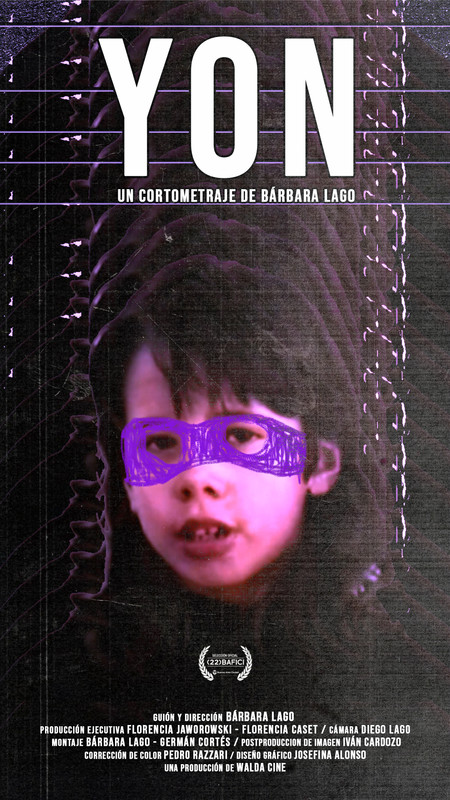
Yon
Call me Jonathan
—————————————–
Bárbara Lago
—————————————–
Faced with the discovery of videographic archive material from their childhood, Bárbara Lago reprograms their childhood’s mythology and reflects on their body traversed by affections, fictions and the passing of time. In these intimate materials, they finds a possibility of thinking about dissident sexualities, the relationship between technology and the human body, language and childhood. Mothers, fathers, children, siblings coexist in this ecosystem, assembling a fabric of affections where the different times that weave the family history circulate. Bodies grow, images change their texture, and in these metamorphoses we find ways of how childhood can be experienced freely. The images capture what cannot be named and announce the possibility of a film that also recovers the formal procedures of that filmed body. A fragmented and subjective narrative runs through Jonathan/Yon: is the body outside of social domestication. How does such a body grow in our contemporary societies? Is filming a way to generate new social utopias?
Argentina | 8min. 8s.
8.
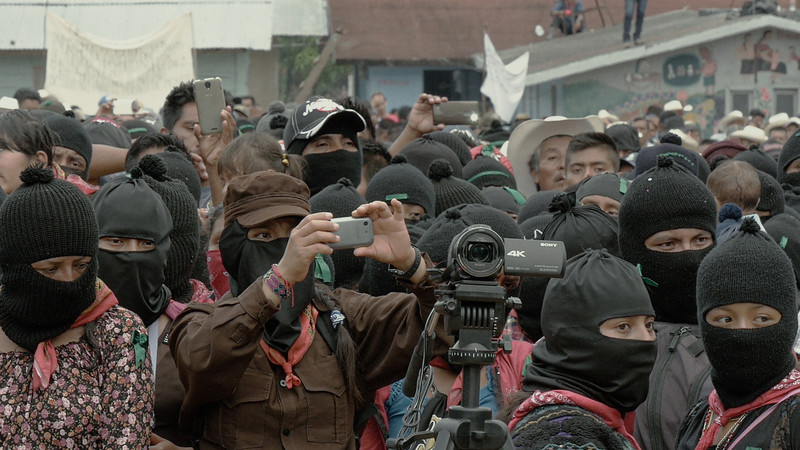
Nunca más un México sin nosotrxs
Never Again a Mexico without us
—————————————–
Juan Jacobo Del Castillo
—————————————–
Among the film collections lie fragments of the history of the native peoples. Paradoxically, their gestures, voices, and looks remain absent from these documents. Through this video essay, images of the communities of southeast Mexico burst forth. They stare at us, in order to interrogate the past and demand the place of the people in the images of the present.
México | 6min.
9.
